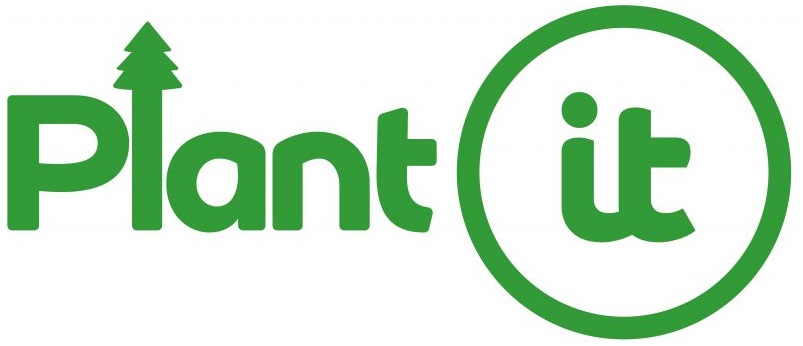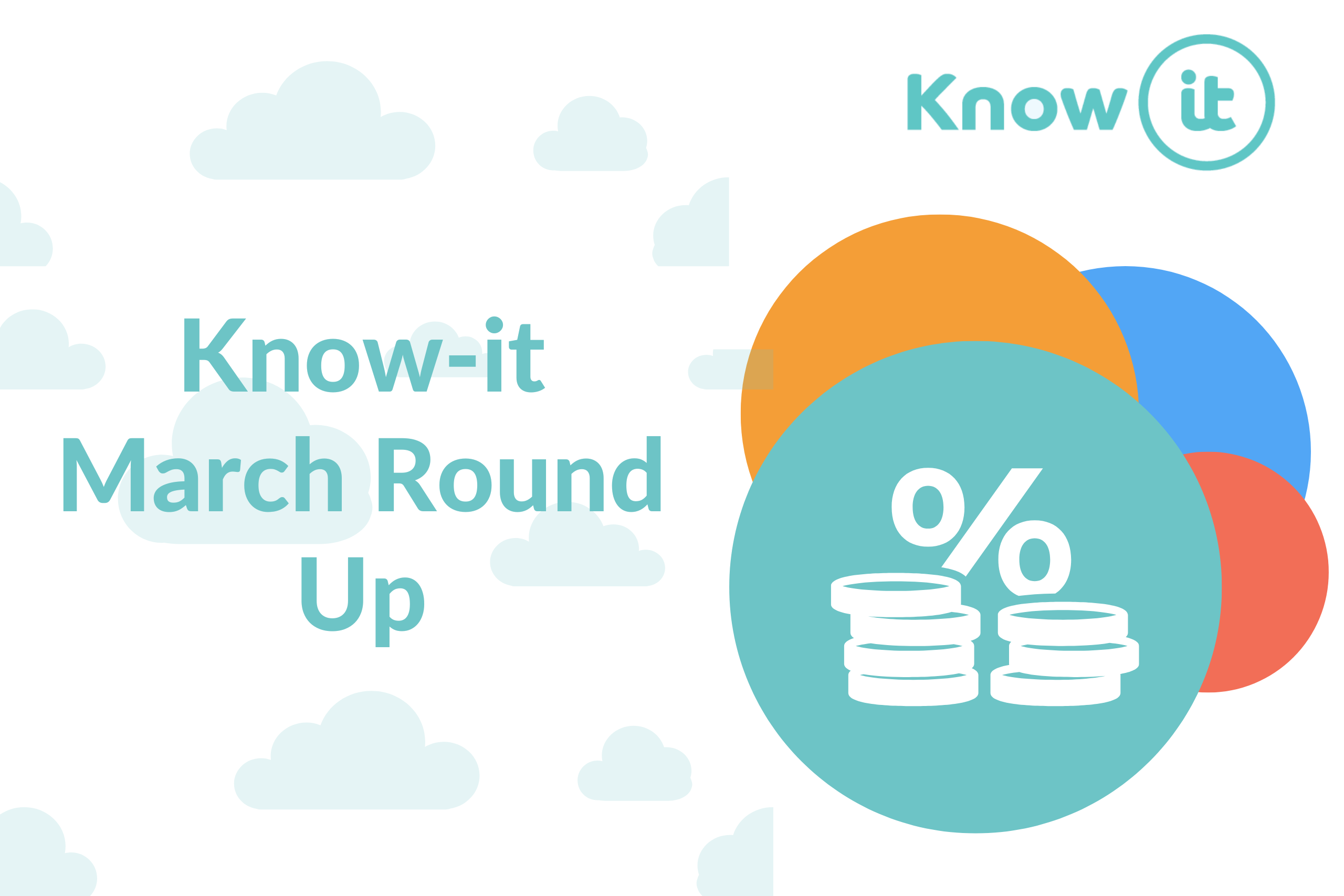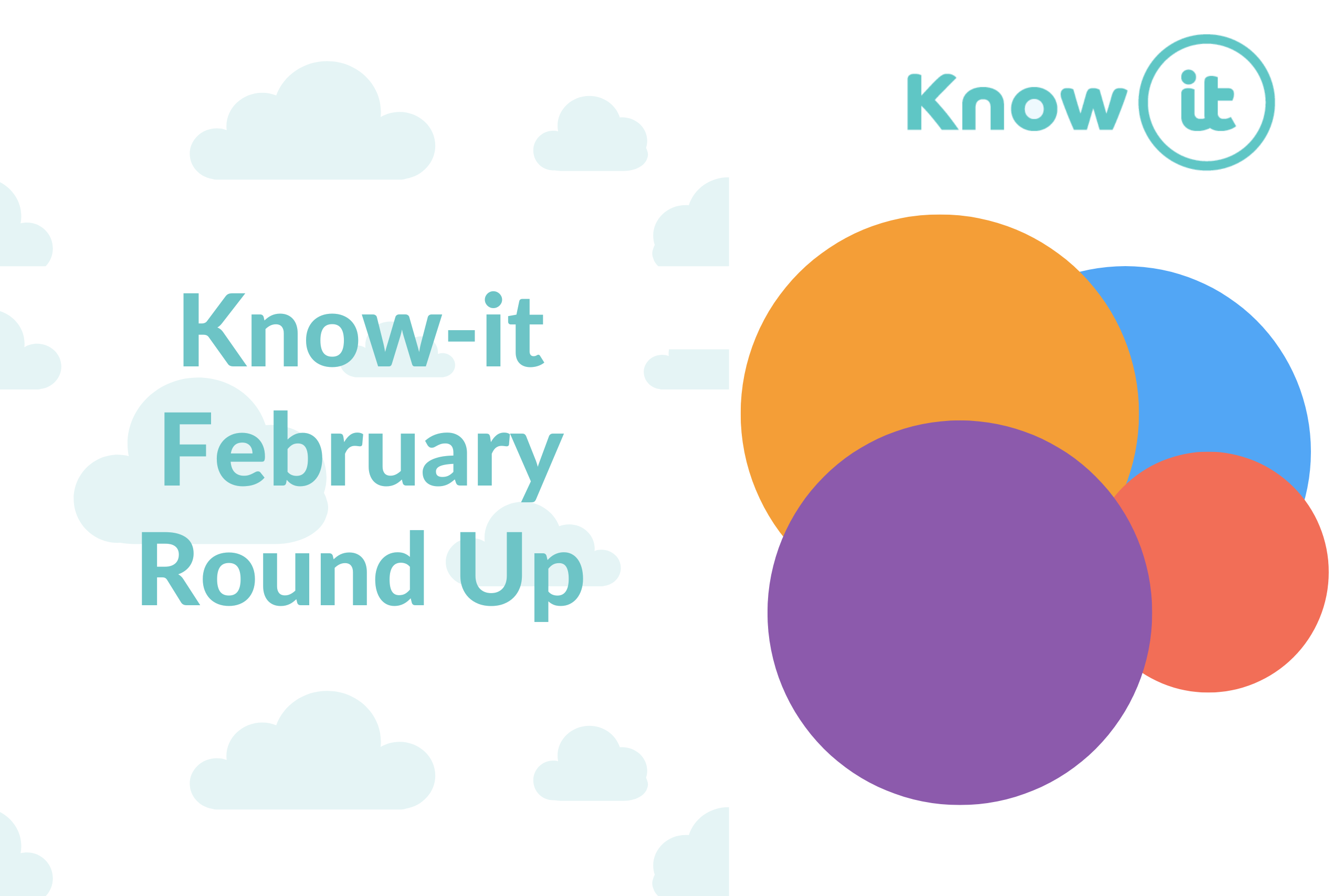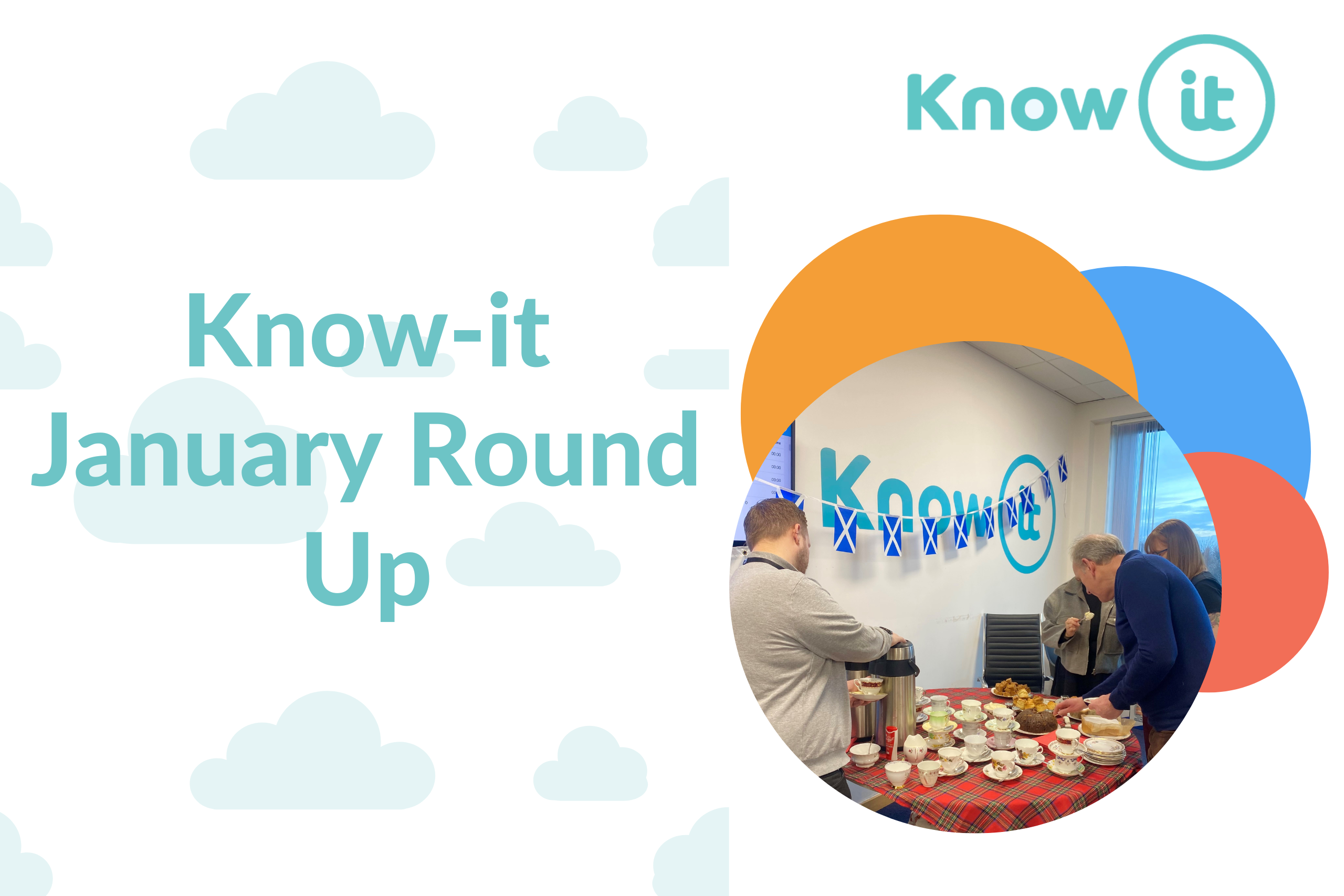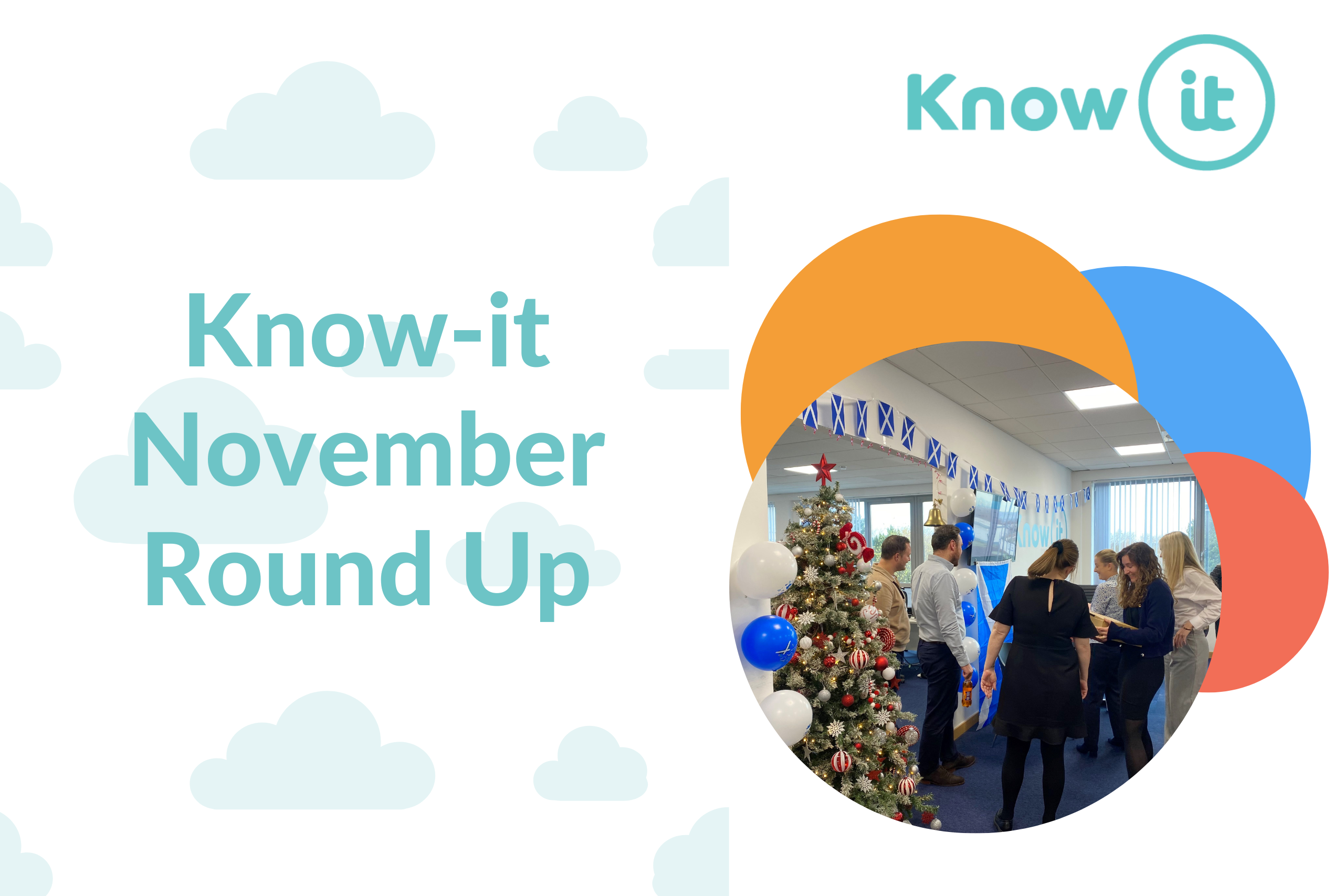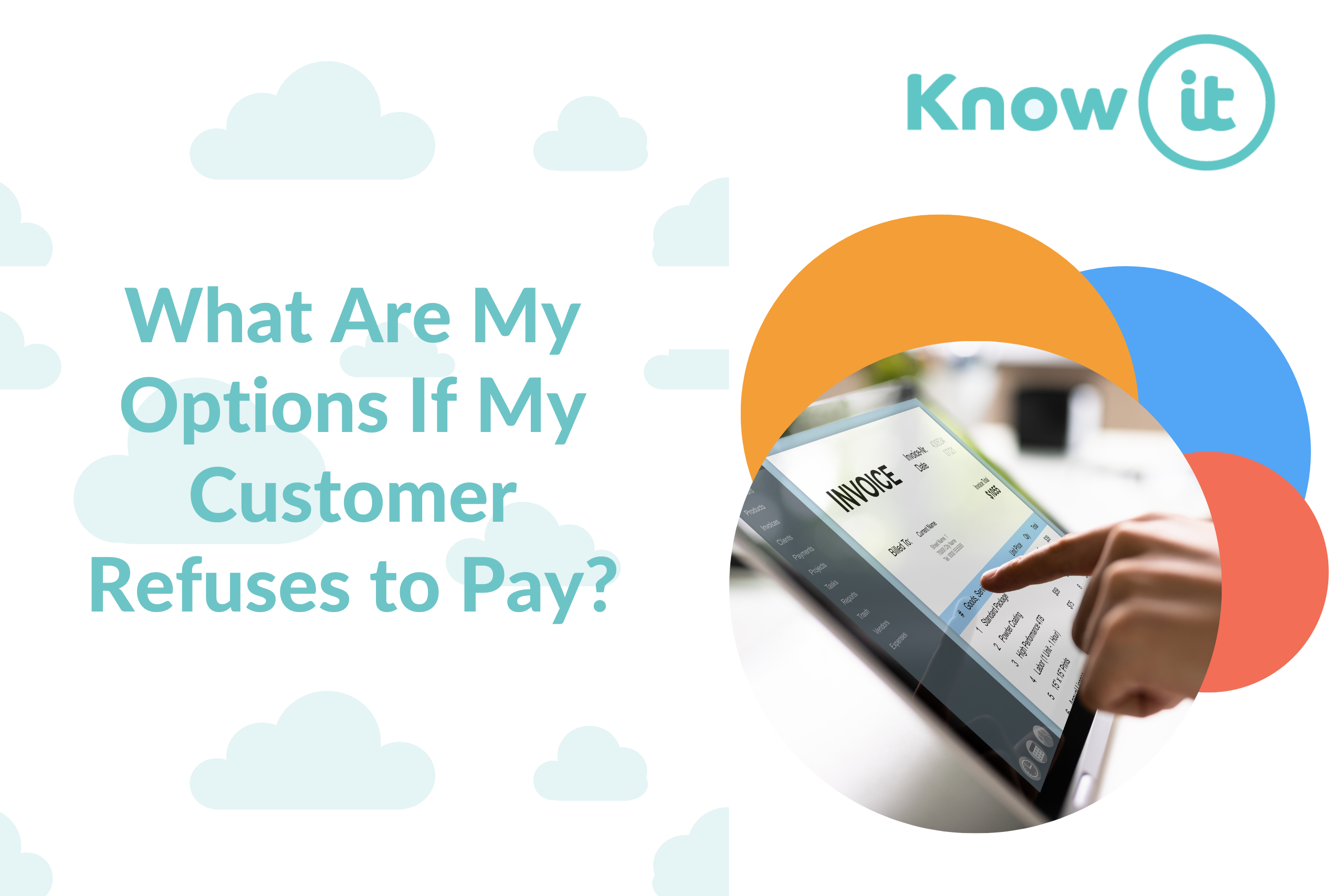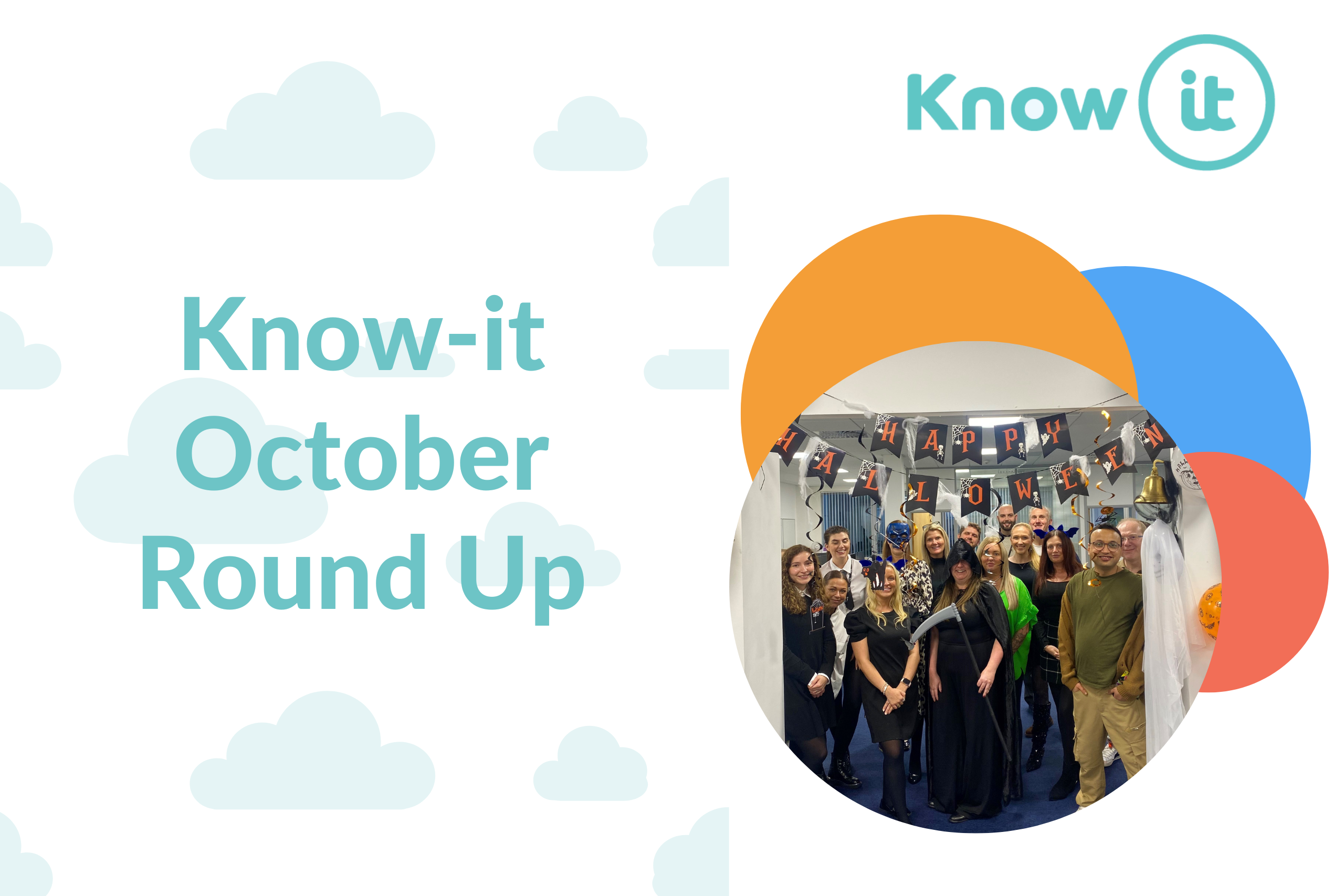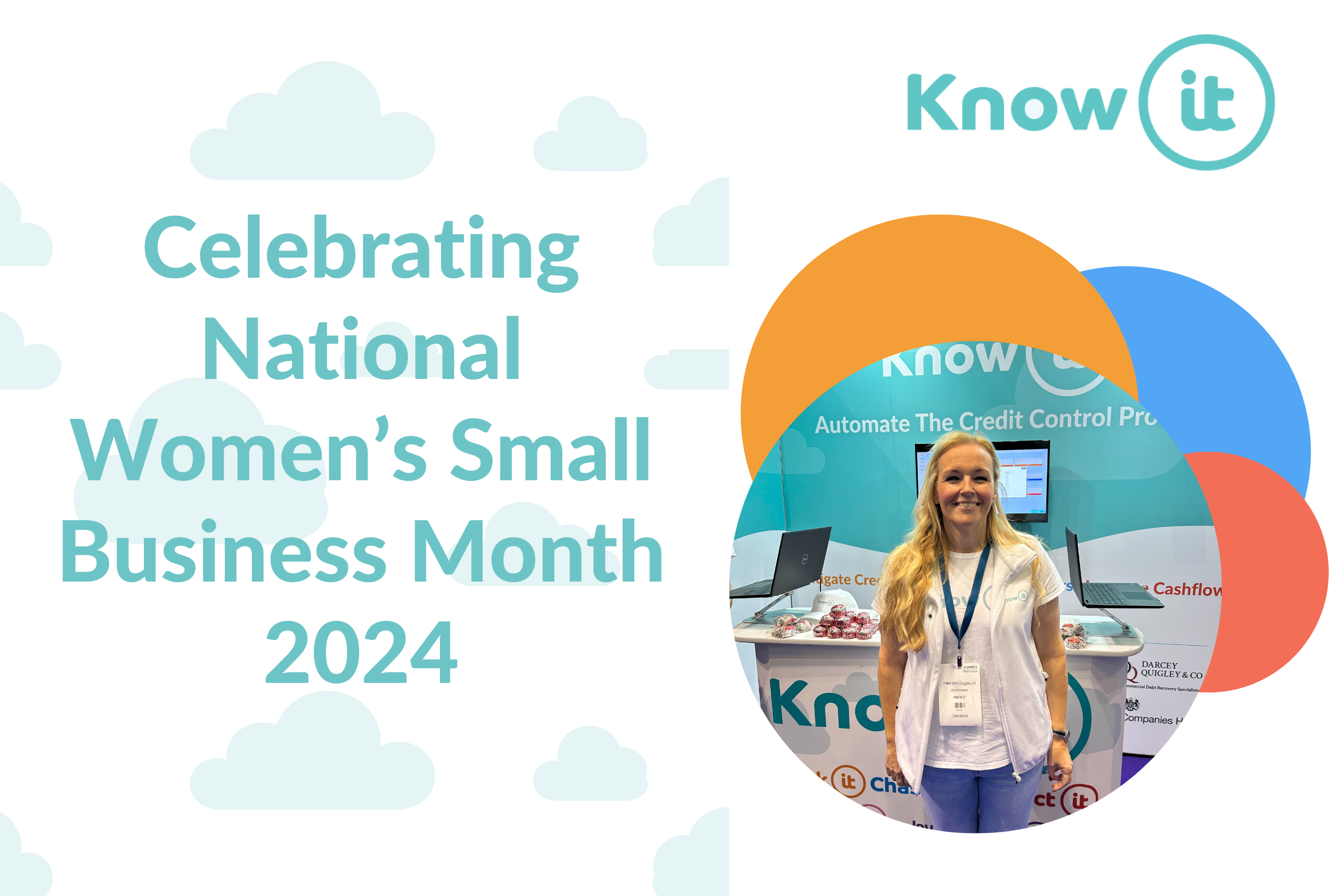The Alarming Trend of Rising Company Insolvencies
Company insolvencies continue to climb steeply March monthly insolvency statistics reveal.
2,457 businesses in England & Wales entered liquidation, an increase of 16% year on year.
In Scotland the figure is 21% higher compared to March 2022, with 140 insolvencies recorded.
The rise of Creditors’ Voluntary Liquidations (CVLs) paints an extremely bleak picture.
2,115 CVLs were recorded across England, Scotland & Wales in March, up 10% in just one year.
These 2,115 businesses were all placed into liquidation due to not being able to pay their creditors for outstanding invoices.
Supply chains threatened by soaring insolvencies
Recent data has revealed the average bad debt for UK SMEs is £16,641, a spike of 61% in a year!
The same report has revealed that 47% of businesses have seen at least one of their customers cease trading in the last six months and 25% of businesses have seen at least three of their customers go bust in the same time frame.
These are frightening stats, especially taking into account the £68,413 the average SME is owed in outstanding invoices!
With the huge numbers of insolvencies we’re seeing month on month there’s a huge risk that businesses with outstanding invoices may not ever be paid if their customers go insolvent.
What impact these company insolvencies could have on your business
Company insolvencies can have a significant impact on your business, depending on your relationship with the insolvent company. Here are some potential impacts:
Loss of revenue
If the insolvent company is one of your major customers or suppliers, the insolvency may result in a loss of revenue or difficulty in obtaining supplies or materials.
Bad debts
If the insolvent company owes you money, you may not be able to recover the debt, or you may only receive a fraction of what you are owed.
Supply chain disruptions
If the insolvent company is a supplier to your business, you may need to find an alternative supplier, which could lead to increased costs or delays.
Reputation damage
If you are closely associated with the insolvent company, it could reflect poorly on your business and damage your reputation.
Legal implications
Insolvencies can also lead to legal issues, such as contract disputes or legal action from creditors.
It is important to monitor the financial health of your customers and suppliers to minimise the impact of insolvencies on your business.
This is why following solid credit control processes are so important.
Credit control basics you can start implementing today
Business credit checking
The very first step you should take when accepting a new order is to credit check the company placing the order.
This will give you an idea of how much they can be trusted to make payment on time.
The data shown in a business credit report can constantly change, this is why it’s so important that you run a credit report each time a business places an order, even if they’re an existing customer.
Check-it automatically monitors changes to a business credit report and instantly alerts you to any changes when they happen!
Read our complete guide to reading a business credit report!
Set suitable credit limits
Based on the creditworthiness of the customer, a credit limit is set, which is the maximum amount of credit that can be extended to the customer.
This will mitigate credit risk whilst also allowing you to accept orders and generate revenue from sales.
Sending payment reminders and chasers
Sending a gentle payment reminder the day before the invoice is due to be paid will keep you at the front of your customers’ minds and encourage them to make payment on time.
If payment is not received on the due date, be proactive in sending payment chasers to your customer.
We’ve written an article on how to write a strong warning letter for outstanding payments to help get you started.
Did you know you can automatically send payment reminders and chasers using fully customisable templates with Chase-it!
Have a plan in place for recovering unpaid invoices
If payment is still not received despite chasing you’ll need to take further action to ensure you recover what you’re owed.
Consider using a commercial debt recovery partner with a strong track record.
Collect-it allows you to action a debt recovery case online and receive live case updates!
Automating your credit control
Credit control is a fundamental part of doing business.
Unfortunately though, it’s something many SMEs overlook until it’s too late and they’re owed significant amounts of cash from unpaid invoices.
The main reasons businesses don’t follow effective credit control processes is due to time, cost and resources.
This is why we created Know-it, the all-in-one platform that automates the complete credit control process!
Credit check and monitor businesses, automatically chase for payment, collect overdue invoices and more all in one place.
Sign up today and get a free business credit report!
Lynne is the Founder and CEO of Know-it!
She is a passionate, driven and forward-thinking entrepreneur determined to help resolve the late payment crisis gripping SMEs.
Having worked within the credit management industry for over 27 years and ran UK leading commercial debt recovery specialists Darcey Quigley & Co for over 16 years, Know-it was devleoped to make credit control more accessilble for SMEs to help them effectively mitigate credit risk, reduce debtor days and boost cashflow!
Connect with me on LinkedIn!

















